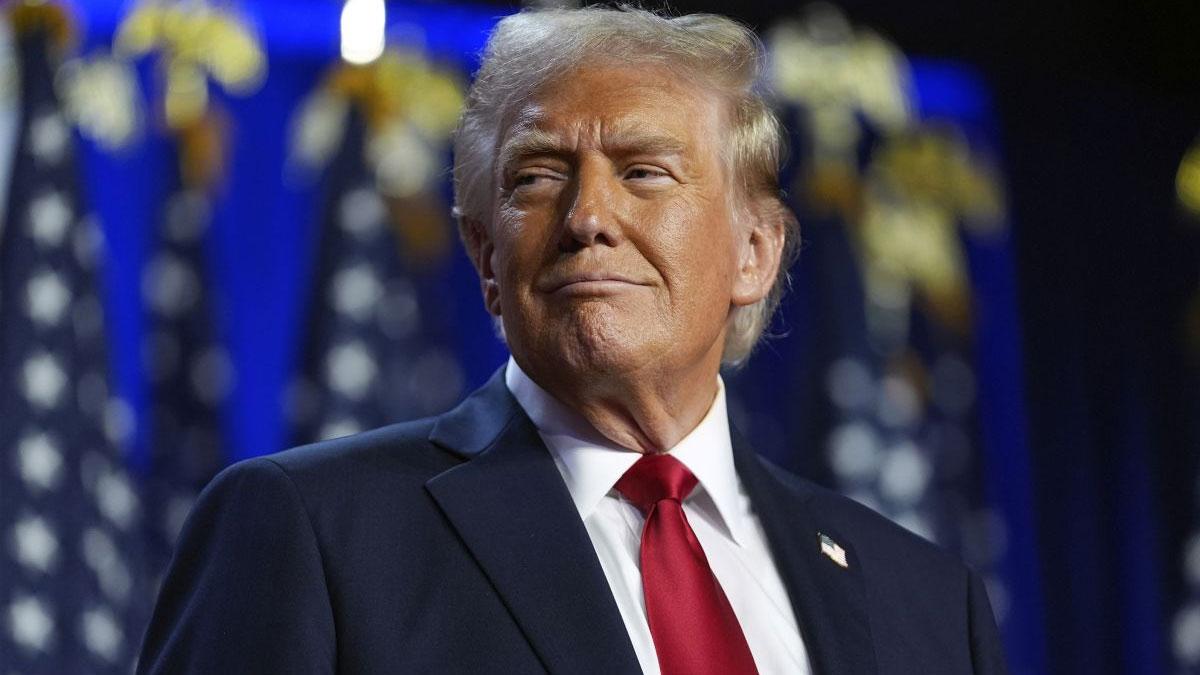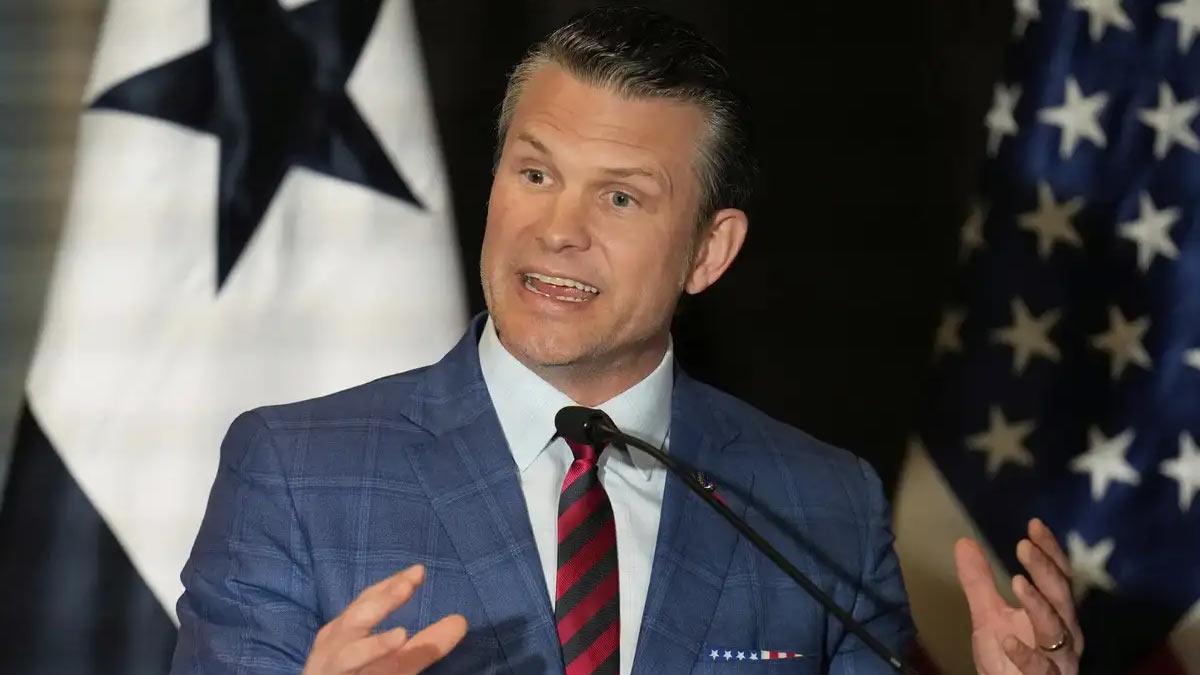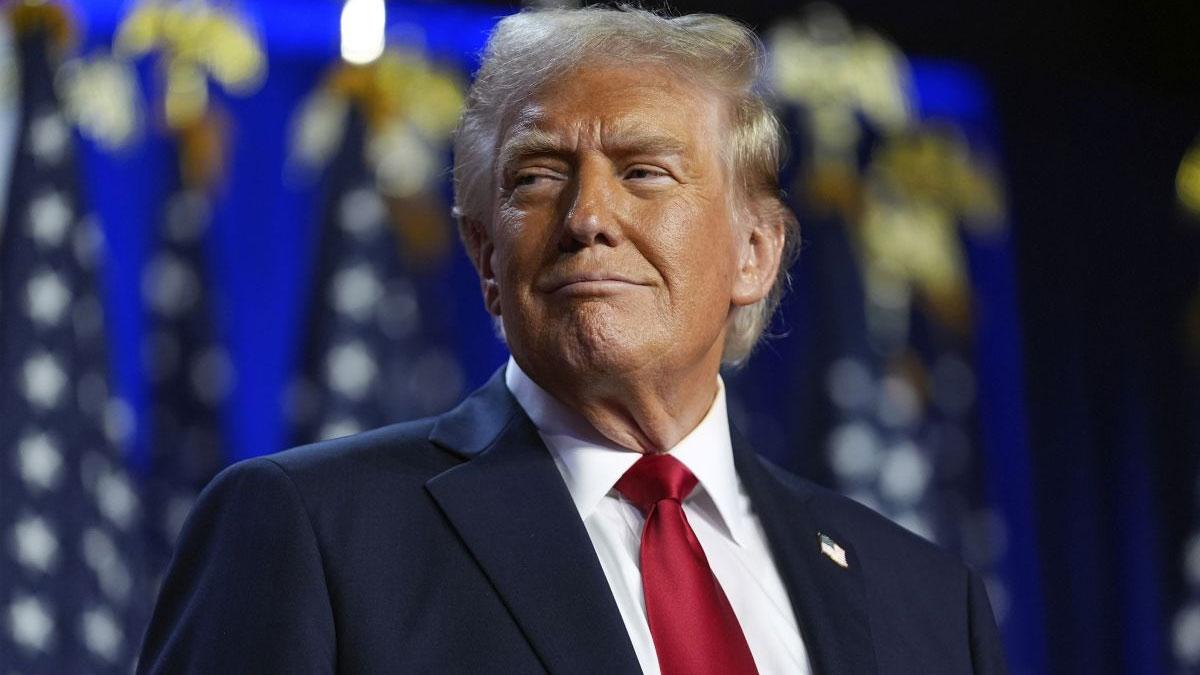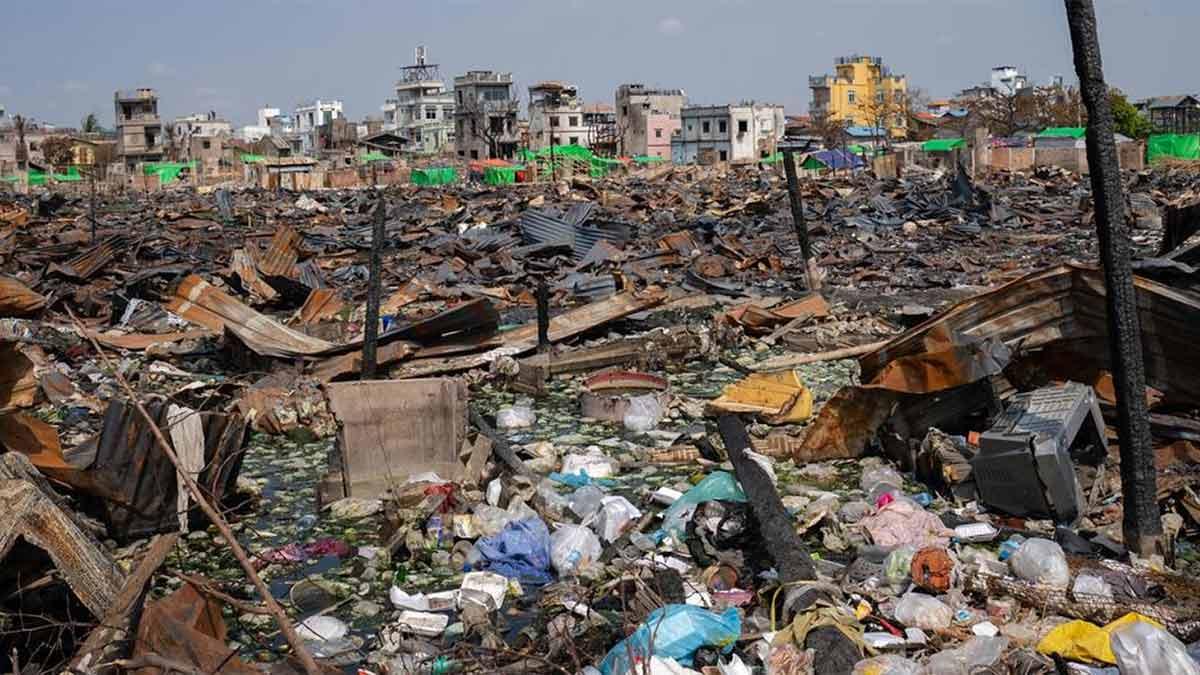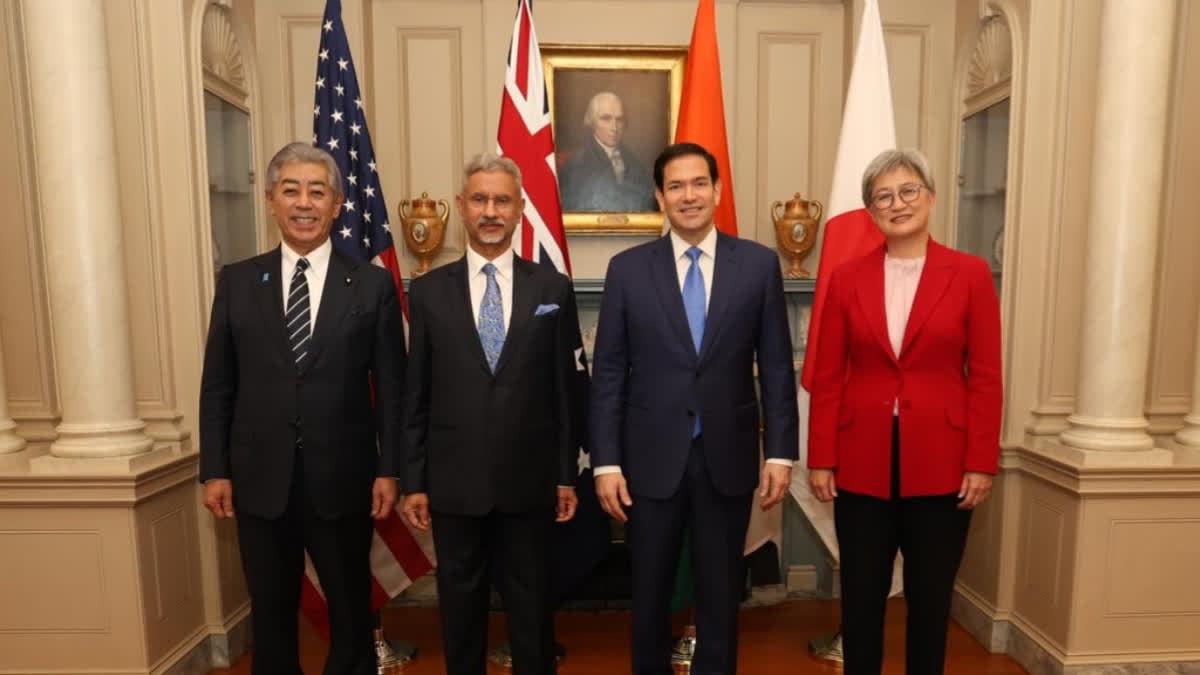President Donald Trump reaffirmed that he would be a two-term president but conceded that the majority of his supporters have urged him to run for a third term.
In an interview with BNC News, which aired on Sunday, Trump stated, "I'll be an eight-year president, I'll be a two-term president. I always thought that was very important."
Trump reveals pressure to run for third term
Although Trump was adamant about serving only two terms, he revealed that his supporters and his inner circle have been continuously pushing him to stay in power after 2028. He admitted that the action would be unconstitutional according to current laws.
That's something that, as far as I know, you cannot do. It's not like I know whether that's constitutional or if they're not allowing you to do it or whatever else," Trump said, acknowledging the restrains set in the U.S. Constitution.
The 22nd Amendment of 1951 makes it clear that no person can be elected president for more than two times. Modifying this provision would require amending the constitution, a painstaking process requiring two-thirds approval in both houses of Congress or legislatures and ratification by three-quarters of the states.
While stating that he had not made a formal discussion about a third term, Trump indicated that he had been privy to a number of possibilities, including a scheme in which Vice President JD Vance would assume the office before it is returned to Trump. Trump further asserted that there was also an opportunity of a write-in campaign, although the context is legally improbable given constitutional constraints.
Vance and Rubio as potential GOP successors
Trump also had positive words for some of the possible successors from the GOP, namely Vice President JD Vance and Secretary of State Marco Rubio. Asked if Vance was his first choice, Trump replied, "It could very well be," though he cautioned that it was too early yet to make a decision. Trump referred to Vance as "fantastic" and "brilliant," and hinted that Rubio was also very competent and stated, "There's a lot of them that are great.
Trump conceded that a vice president would have an edge in the presidential race if they were great, but he also implied that the choice was still undecided.
Rubio's increasing influence in the administration
Trump praised in high regard Marco Rubio, who has held a number of high-level positions, including acting director at the National Archives, administrator at USAID, and most recently, national security adviser. Trump praised Rubio's good work, though added that Rubio won't likely have the adviser position for more than a while, stating, "Marco's very busy doing other things, so he's not going to keep it long term."
He continued to say that Rubio could stay, but he also kind of indicated that Rubio could instead move on to other duties, given the fluctuating nature of the job. "In the meantime, he'll handle it," Trump said.
Gearing up for the 2026 midterms
Trump's focus appeared to be squarely on the 2026 midterm elections down the line, rather than his post-second term life. He was upbeat, pronouncing, "I think we're going to turn it around. I think we're going to turn it around easy," referencing the traditional pattern of presidents watching congressional power erode during midterm election seasons. He promised to be more active, in particular with fundraising, and dismissed concerns that his bold agenda would damage the party's chances.
Trump questions constitutional rights for noncitizens
When asked about extending constitutional protections to noncitizens, Trump made a contentious remark about whether all those present in the U.S. have a right to due process under the Fifth Amendment. Trump responded, "I don't know. I'm not a lawyer. I don't know," when asked about a recent comment by Rubio that all individuals have a right to due process.
The Fifth Amendment guarantees due process of law, which courts have extended to noncitizens. However, Trump questioned the feasibility of applying this principle in the context of mass immigration enforcement. “It might say that, but if you’re talking about that, then we’d have to have a million or 2 million or 3 million trials,” he said, referring to his promise to remove illegal immigrants.
Trump expressed outrage that courts were preventing him from carrying out his immigration plan. "I was elected to get them the hell out of here, and the courts are keeping me from doing it," he complained.
When asked about his constitutional duty, Trump answered that his lawyers would heed the instructions of the Supreme Court, quoting, "I have brilliant lawyers that work for me… they are going to obviously follow what the Supreme Court said."
Trump administration's use of the 1798 Alien Enemies Act to send away members of the Venezuelan gang Tren de Aragua has launched lawsuits. The law, used previously in war time, is being used to bypass immigration courts now. Some of the detainees claimed they were denied the right to defend themselves, and this has led to two Supreme Court decisions halting deportations to El Salvador.
In another case, a court intervened after Kilmar Abrego Garcia, a Salvadoran man, was deported despite a judge’s order blocking his removal. Trump’s administration later acknowledged it was an "administrative error."
When asked about efforts to work with the Salvadoran government to facilitate Garcia’s return, Trump replied, “I don’t know. You’d have to ask the attorney general that question.”
Read also| UNSC to hold closed-door consultations today to discuss India-Pakistan situation

